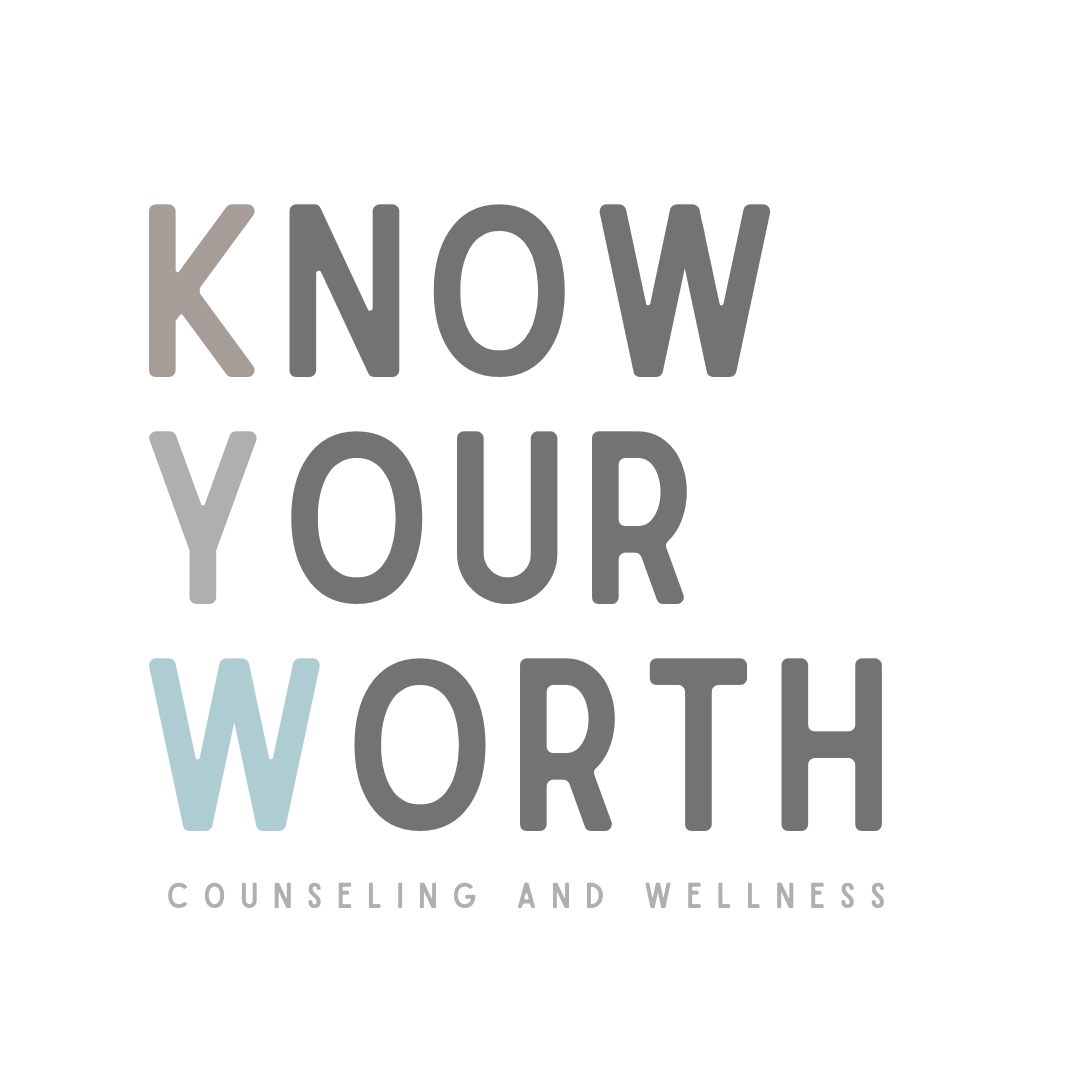Living a Life of Emotional Expression
Often, the question, “how are you?” provides a simple conversation starter. A concerned loved one might pose the question, “how are you feeling?” Most people reply with a simple response, “doing alright” or “good.” Individuals are generally short and to the point. Communication might lead to more of a story about their life, but with minimal feeling or emotional expression. Director at Yale Center for Emotional Intelligence, professor, and author, Dr. Brackett, describes feelings as the core experience, while the term emotions provide a deeper view. According to his description, emotions help shed light on root causes and come from sensations in the body. Broken down in such terms, feelings and emotions are invaluable in all areas of life.
Surprisingly, research shows people are only able to identify about three emotions in themselves and others: bad, sad, and glad. What if people honestly asked themselves the question, “what feelings/emotions came up today for me?” Instead of running through the facts of the day, an emotional check-in creates an opportunity for self-expression and a deeper connection and compassion in relationships too. By practicing such a skill, people lean into exploring the well of emotions available to them and others, foster creativity, find new vocabulary to describe the experiences, and improve health and mental health. Such a way of being allows a person to give themselves permission to show up after a day of feeling both grieved and accomplished. A person may notice feeling overwhelmed, invisible, exhilarated, in-awe, defeated, and/or chaotic all in a short time span, without finding the need to shut the experiences off. Then, people allow themselves to feel and deal!
For some, emotional expression involves only the extreme ends of feeling though. Survivors in unhealthy family systems and/or trauma often suppress or learn to shout and become physical to communicate experiences. When the environment changed, these survivors saw feelings/emotions as too much. They were scared to lean into their own emotional life and just as frightened to understand others. Because people have witnessed important people stifle their experiences or get out of control, some individuals fear a permanent imprisonment to feelings/emotions. Also, emotions/feelings are not often taught or modeled well, so people do not know how to gauge or live out intense ones. Still for some, certain expressions or all forms resulted in a punishment from parents or caregivers too. However, emotional expression does not have be lived out in any of these ways!
RULER Method
Then, how does one start to grow a deeper emotional life? For adult, teens, or children Dr. Brackett talks about the RULER Method, which provides a framework for feelings/emotions. RULER is broken down as:
Recognition-start with identifying one’s emotion and others as a feeling happens. Take a moment to notice facial, body, and voice changes!
Understanding-Once you are able to grasp the feeling, there is more of a connection to the consequences and causes of feelings then. Patterns start to emerge!
Labeling-By putting a name on the feeling, a person challenges themselves to fine tune the experience. Someone may find the word insignificant, ashamed, or humiliated works for describing their feelings. All three maybe occurring too. Get specific!
Expressing-Equally valuable is growing and preserving current relationships. Sharing feelings with others helps someone individually and others with their own emotional life.
Regulation- By finding ways to regulate emotions (e.g. breath work, mindfulness, or creating space for yourself or others), a person is being proactive to stop the emotion from taking over and eventually allowing for acceptance.
Leaning in and listening to express emotions, creates a space where a person shows up for themselves and others. There is bravery, compassion, freedom, joy, strength, and wisdom in genuinely tapping into understanding feelings and emotional expression. Take the time to hold space to do the work for yourself and others around you!
A KYW therapist maybe a good fit, if you or someone you know is seeking further care. Reach out and let us know how we can support you: Know Your Worth Counseling and Wellness.
Journal Questions for Emotional Expression
What emotions do you push away or down?
How is your story going? What emotions are stirring right now?
What unhealthy beliefs about emotions no longer serve you?
What healthy beliefs need to be adopted to move towards an empowering, healing emotional journey?
Resources on Emotional Expression
Atlas of the Heart: Mapping Meaningful Connection and the Language of Human Experience, Brené Brown
The Garden Within: Where the War with Your Emotions Ends and Your Most Powerful Life Begins, Dr. Anita Phillips (Christian)
Permission to Feel: Unlocking the Power of Emotions to Help Our Kids, Ourselves, and Our Society Thrive, Marc Brackett
Untangle Your Emotions: Naming What You Feel and Knowing What to Do About It, Jennie Allen (Christian)





